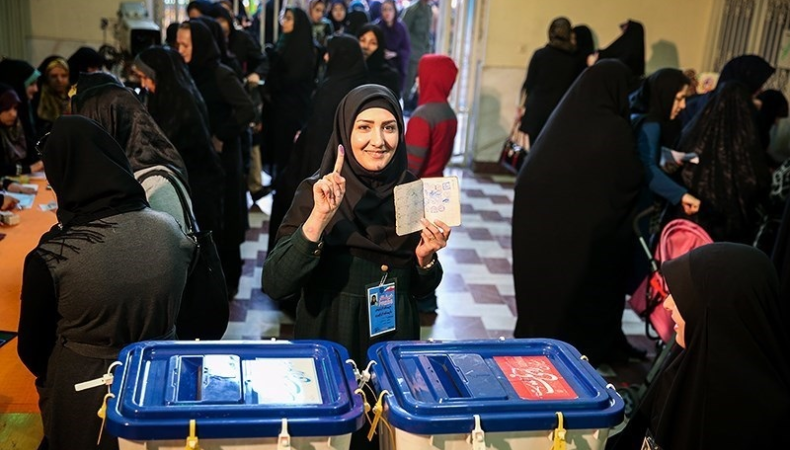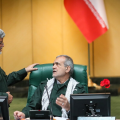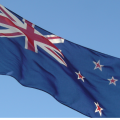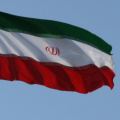Iranians Head to the Polls Amid Uncertainty and Regional Turmoil

Voting on Friday in a runoff presidential contest, Iranians cast hard-lined former nuclear negotiator Saeed Jalili against reformist politician Masoud Pezeshkian. Despite years of financial difficulty and mass demonstrations that have rocked the Islamic Republic, both contenders are trying to inspire a doubtful populace to take part. Voter participation on Friday is crucial since this runoff corresponds with a first round of voting marked with the lowest turnout in Iranian election history.
A Nation in Transit
The presidential runoff falls during a period of social upheaval and extreme economic difficulty Iran is facing. Years of corruption, incompetence, and sanctions have left the country in terrible shape that fuels popular unhappiness. Protests demonstrating the public’s mounting dissatisfaction with the status quo have occurred over problems ranging from political persecution to water shortages and economic disparity.
The two contenders stand for quite different future routes for Iran. Former nuclear negotiator Saeed Jalili, well-known for his strict posture, has constantly argued for a confrontational attitude towards the West. Conversely, Masoud Pezeshkian, a seasoned legislator and heart surgeon, is considered as a reformist who would advocate increased transparency and communication with the global society. The result of this election might have a major impact on Iran’s international and internal policies in next years.
Geographic Tensions and Worldwide Consequences
More general Middle Eastern tensions, especially around the continuing Israel-Hamas conflict in the Gaza Strip, continue to rise as Iranians cast their ballots. Responding to the crisis in Gaza, Iran launched its first-ever direct attack on Israel in an unparalleled action in April. Furthermore, militia organizations supported by Tehran—including those of Yemen’s Houthi rebels and Lebanon’s Hezbollah—have been more active in the war, hence increasing the risks for regional stability.
The world community still mostly worries about Iran’s nuclear aspirations. The nation keeps enriching uranium to almost weapons-grade levels and has enough stored to build many nuclear bombs should it so wish. Although Supreme Leader Ayatollah Ali Khamenei has final say over state affairs, the choice of Jalili or Pezeshkian could guide Iran’s foreign policy toward either increased conflict or possible cooperation with Western powers.
Keep On Reading
The Iran Future Stakes
The Iranian presidential contest takes place against a background of great uncertainty and possible transformation. The poor turnout in the first round of voting emphasizes the public’s disenchantment with the political system, which makes participation of the voters in this runoff extremely important. Both contenders must negotiate the difficult Middle Eastern geopolitical terrain while addressing the social and economic issues that have sparked extensive demonstrations.
The choice Iranians make at the polls will not only affect the internal direction of the nation but also its contacts with the world. The result of this crucial election will determine whether Iran veers toward more change and international cooperation or remains on a road of defiance and isolation. The consequences of this referendum will be felt much beyond Iran’s boundaries, impacting Middle Eastern geopolitics and world security as the area keeps close eye on it.








